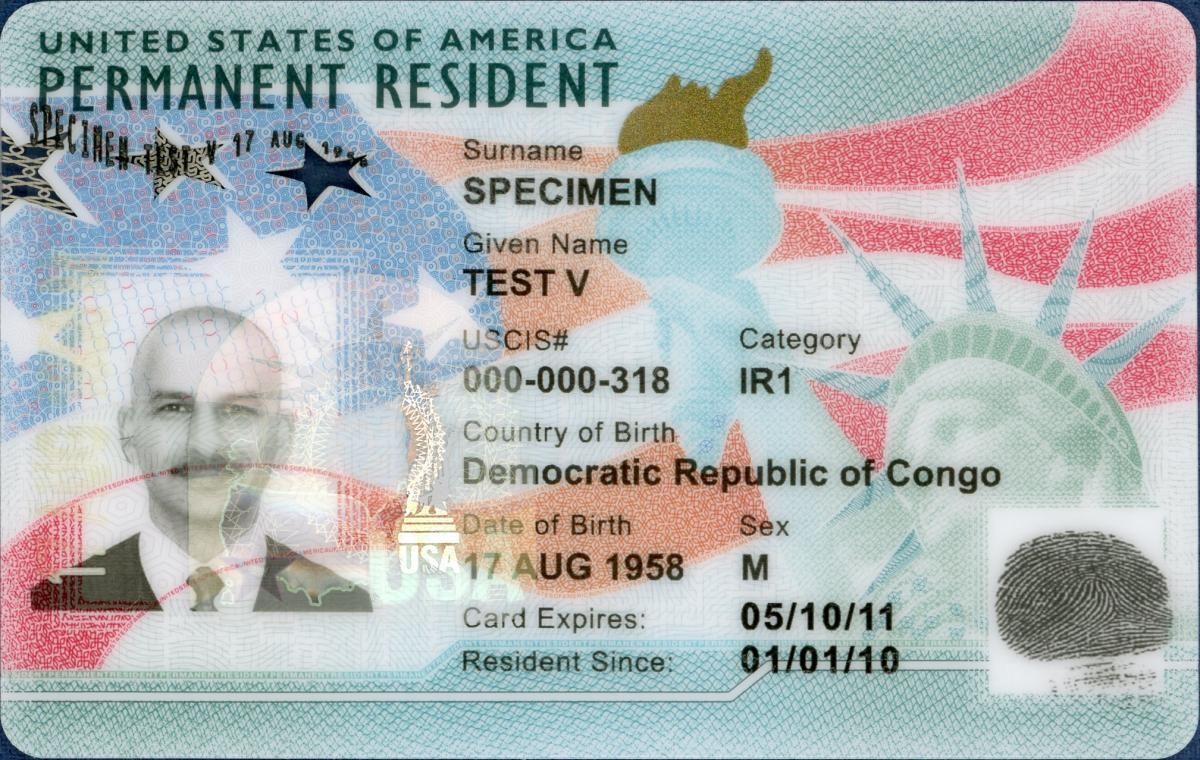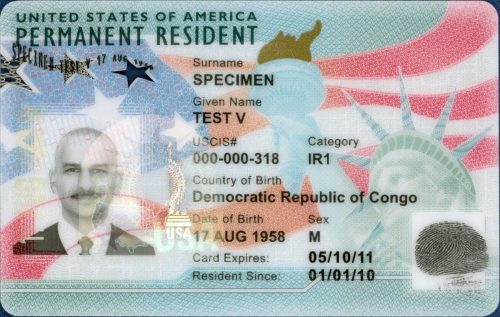 If passed by Senate, budget package would help over one million high-skilled workers stuck in green card backlog
If passed by Senate, budget package would help over one million high-skilled workers stuck in green card backlog
A historic immigration reform package including visa recapture that may help thousands of Indian professionals stuck in decades long wait for green cards is part of the House passed social spending bill.
Approved by the House Friday in a 220-213 vote, the visa recapture provision covers some 222,000 unused family-based visas and 157,000 employment-based visas that otherwise expired at the end of last fiscal year ended Sept 30.
The Build Back Better Act as the spending bill is called, also includes “reforms to our high-skilled immigration system championed by Indian American Congressman Raja Krishnamoorthi who co-chairs the Congressional Asian Pacific American Caucus (CAPAC) Immigration Task Force.”
Read: ‘Include immigrants in green card backlog in budget reconciliation’ (August 24, 2021)
“The budget package would bring relief to over one million high-skilled workers stuck in the employment-based green card backlog by recapturing family-sponsored and employment-based green cards unused since 1992, allowing individuals with approved immigrant petitions to file for adjustment of status early upon payment of a fee, and exempting family-sponsored and employment-based applicants from numerical limits on visas for an additional fee,” Krishnamoorthi noted.
Another Indian American House member Pramila Jayapal noted the bill provides “$100 billion for humanely reforming the immigration system while protecting Dreamers, TPS recipients, and essential workers and easing the immigration backlog.”
The most extensive immigration reform reviewed by Congress in 35 years would also allow undocumented people present in the US since before 2011 up to 10 years of work authorization, falling short of an initial goal to offer them a pathway to citizenship, according to the Hill.
The provision approved by the House offers a sort of waiver to immigration laws, using a process known as parole to allow people to stay in the country for five years with the option to extend for another five years thereafter, it said.
If the provision is approved by the Senate as-is, the immigration measure in the bill would stand to benefit about 6.5 million people directly, according to an analysis by the Congressional Budget Office (CBO) cited by the Hill.
Read: Light at the end of the tunnel for Green Card backlog community? (September 3, 2021)
According to that analysis, about 3 million of those people would become eligible to springboard from the parole status to legal permanent residency, the first step toward citizenship.
Still, the immigration provisions fall short of Democrats’ initial goal of providing a pathway to citizenship for an estimated 11 million undocumented people living in the US, the Hill noted.
The immigration provisions, while a relatively small line item within the larger bill, are expected to raise deficits by around $111 billion over the next decade, according to the CBO analysis.
While the immigration debate was a minor issue through negotiations for the spending bill, it pitted Democrats and immigration advocates against each other behind closed doors, the Hill noted.
Advocates often called out Democrats for showing a lack of interest in an issue that’s personal for millions of US citizens and foreign
nationals in the country.
At the center of that friction was the debate over whether Democrats should push for a path to citizenship in the bill, or settle for parole — only a temporary respite from immigration enforcement for millions of immigrants, the Hill noted.
The core issue that protracted itself over weeks — and remains unresolved — was the Senate parliamentarian’s advisory opinion on what could and could not be included in a reconciliation bill, which is limited to budgetary line items, it said.
Read: Historic immigration reform included in House-passed spending bill (November 11, 2021)
The House-passed bill will now go to the Senate under reconciliation rules in an effort to sidestep a Republican filibuster and pass the package with only Democratic support.
The parliamentarian, an unelected official who provides counsel on Senate rules, advised the first two Democratic immigration proposals were incompatible with reconciliation, warning they went beyond a budgetary impact and represented a substantial change in policy.
Those two proposals would have granted the possibility of legal permanent residency, also known as green cards, to millions of foreign nationals, including undocumented immigrants, the Hill noted.




1 Comment
I have been in the US since 2002 first on an L1 visa and in 2009 got my Green Card. However due to my heavy work related travel worldwide I cannot become a citizen…. Very strange system
Best Regards
“The Turbine Wizard”